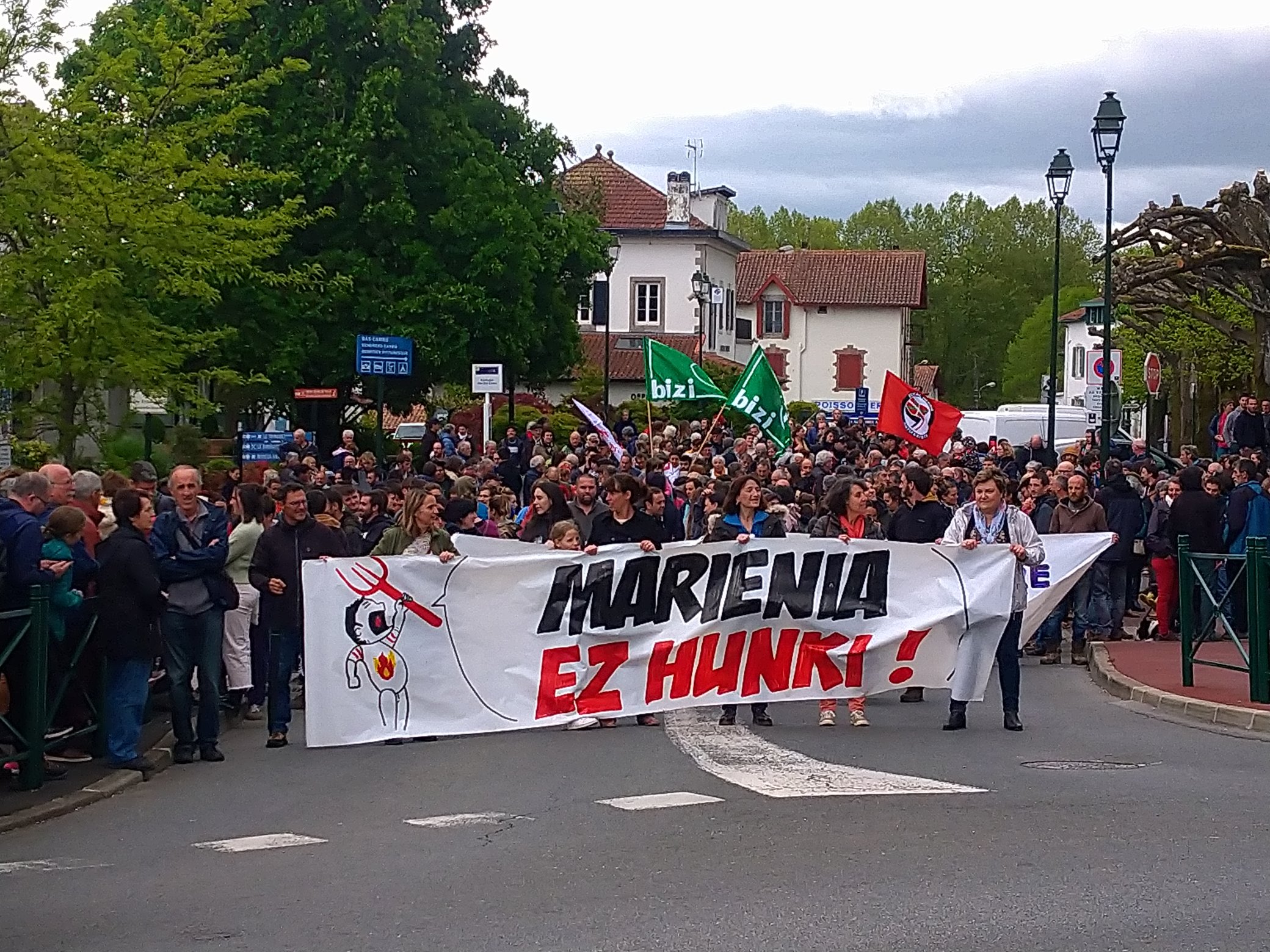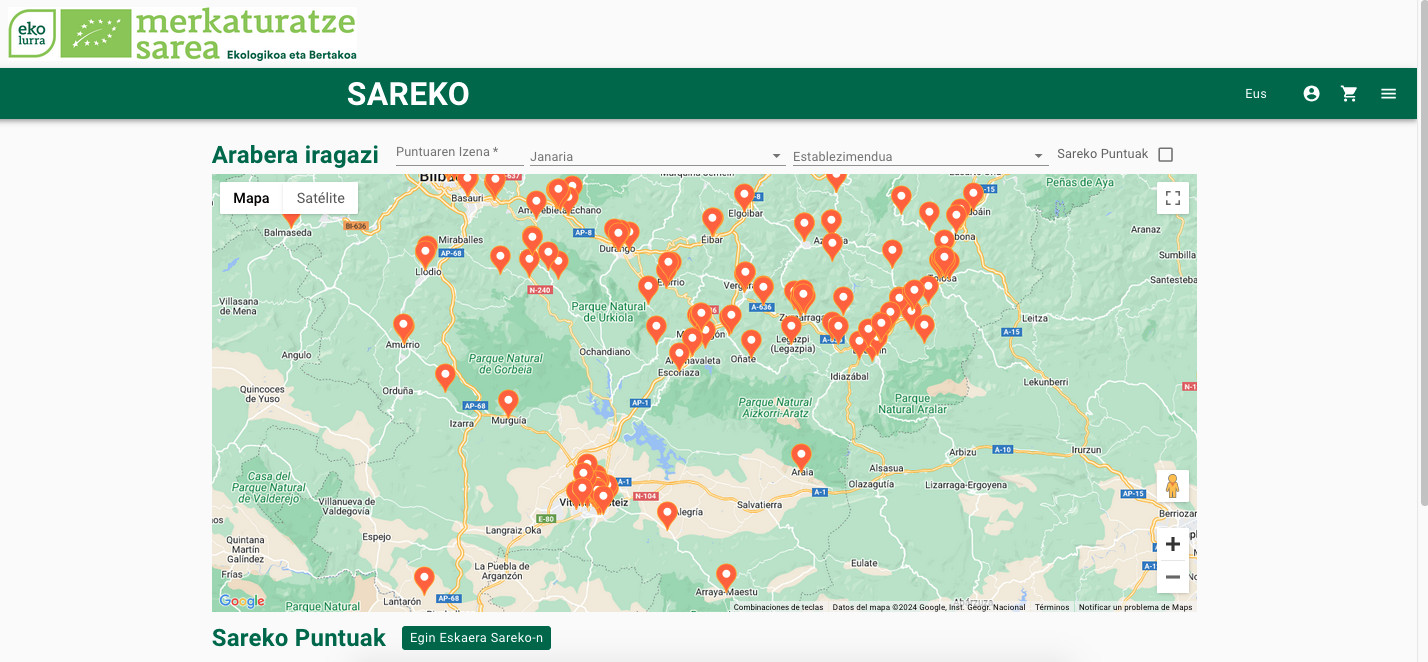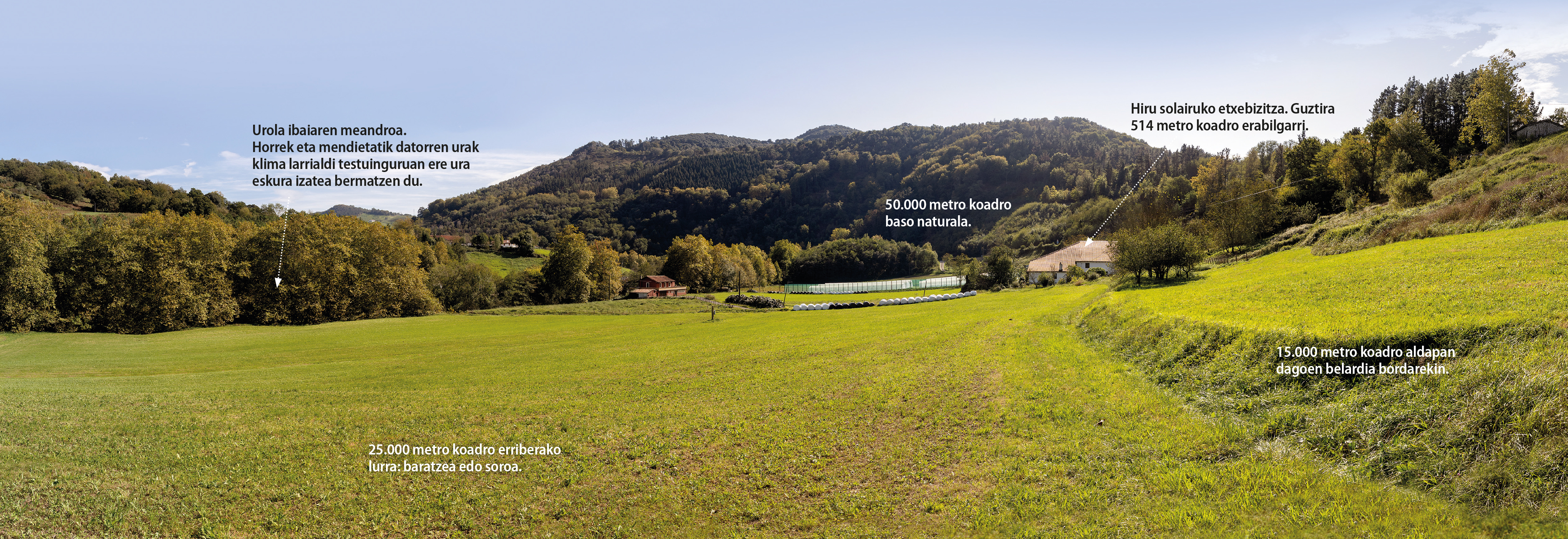We want poppies
- The controversy raised in recent days in the new French has been the resignation of former Minister of the Ecological Transition, Nicolas Hulot, who has refused to declare. This has denounced the role and power of large companies (lobbies) in the French Government.

The Argentine Fabien Tomassi died. The famous image fought against Monsanto, a world company specialized in biotechnology cultivation. This has spent several years filling every day the planes and poisons of hierba.La consequence, victim of various diseases, gradually weakened his body, reaching 80% affected by some toxic neurological syndromes. Together with his work and illness, he wanted to fight the glyphocato. Maleruski, he has not won a lawsuit against Monsato.
Dewayne Lee Johson, an American, has won the case against Monsanto this summer, who has been arrested. He has used RoundUp and Ranger Pro every day in his gardening work, where the product that has been found with cancer called glyphozate is present. Now Johson is told he only has two months left because he has incurable cancer.
Despite being informed of the damage, the French Members recently voted against the law banning glyphosate in 3 years (42 against, 35 in favour, in total 577 Members).
How have we come to this situation?
II. Apart from the World War, the needs of fite and mass food have had to be met throughout Europe. Technical innovations, particularly chemical ones, have been stimulated in the Basque Country and in France if efficient cultivation is to be desired. In 1939 the insecticide DDT was created and in 1945 Willaume (lobbyst of new products) created Phytoma, a newspaper created to extol pesticides, with the support of the Ministry of Agriculture, INRA (French agricultural research centre), the FNSEA (federation of farmers’ unions) and agronomy teachers. For a short time, plant protection products are gaining strength and the system applied in the plant makes it possible to respond to a question of food. They increase production at an affordable price and with fewer employees. Year after year, this industrial approach has met their needs.
In 1962, doubt
American scientist Rachel Carson, called in the 1960s, has observed abnormal phenomena in her environment. In them, birds have difficulty making kafiros and crunchy eggs break more easily. The relationship between fite, pesticides and contamination of natural environments is explicitly expressed in his 1962 book Silent Spring, a birdsong spring.
The pesticide industries responded quickly: They used “crazy”, “hysterical”, “lesbians” and many other adjectives against Carson, planting a strategy of disinformation and propaganda of their chemicals.
Pesticide testing
This month, the 15 members of the French weekly Charlie Hebdo have symbolized the presence of 140 pesticides in their veils, therefore in the body. In particular, it is estimated that between 34 and 50 pesticides could be detected each person, according to the same sources. Products of different origins: crops, remedies used by marexales, or “anti-insect pumps” used in households. In them, the metabolite of DDT or the metabolite of chlordane (each banned in 1972 and 1981, one in France and the other in the European Union; the presence of each of them consults its “life span”). In addition, the presence of certain endocrine disorders, especially the Bisphenol, has been noted.
Currently, in different studies, 30 products with cancer have been detected, 40 mixing hormones, Parkinson triggers, malformations… but also claim that they damage biodiversity, eliminate species, contaminate the earth and homogenize landscapes.
Have we become a store of toxic products? Your new prison? Food on sale, cleaning products, cheap wooden furniture, all are products that make life easier, but they also pollute.
“We want poppies”
In the hope that the laws will not change, Fabrice Nicolino, a worker of Charlie Hebdon and Mitxoleta, president of the movement, and a dozen people have decided to create a new movement in defense of the pesticide ban. It is the peaceful uprising of society, in the hope of raising 500 000 nominations for 2 years. Once a month, each in their region wants to carry out a series of activities around pesticides, with the aim of raising awareness and bringing people together.
Citing a “renaturalization”, believing that you want to retain the poppies (and other species) that are disappearing, you also signed: https://nousvoulonsdescoquelicots.org/.
Prefect, let us not forget that our way of consuming has an important force.
Martta Irigoien.
She studies "agroecology, society and territory."
(Friends.) Baxenabarre)





















